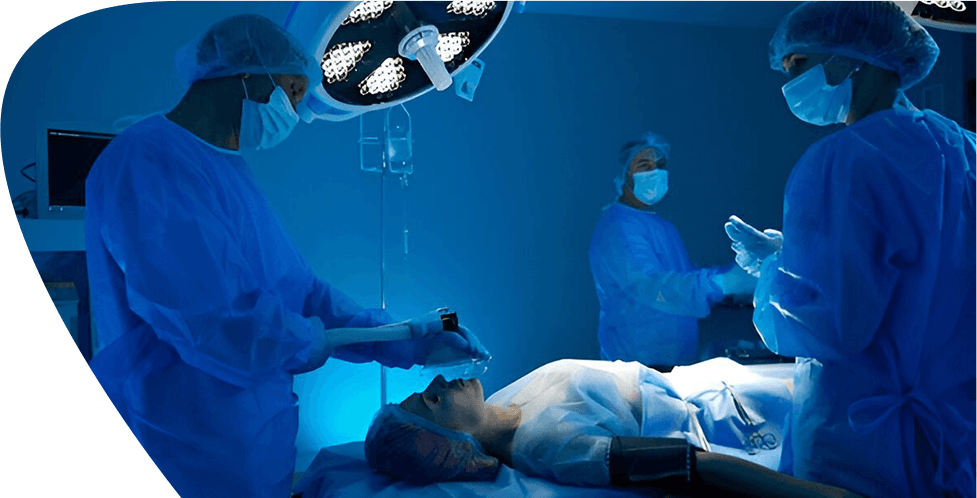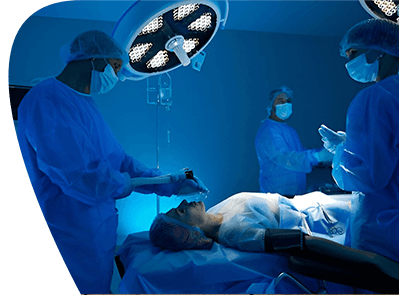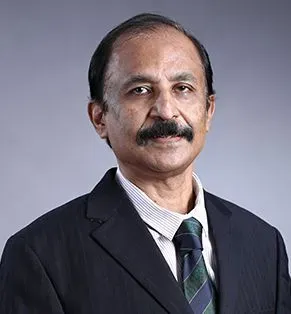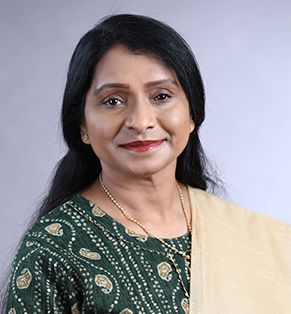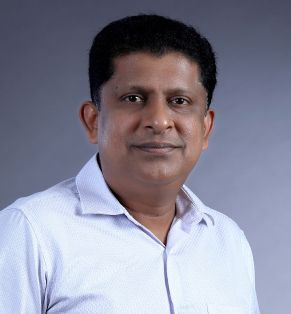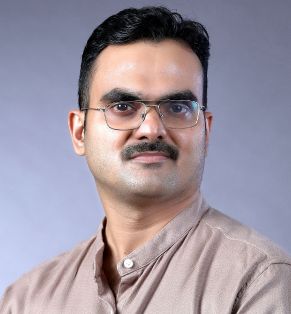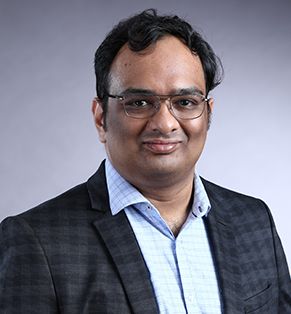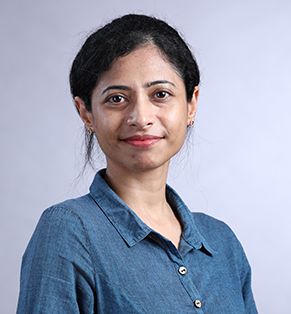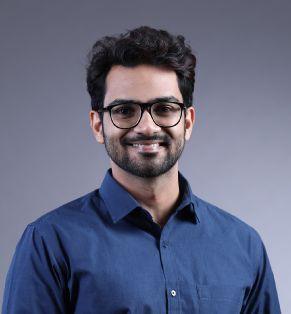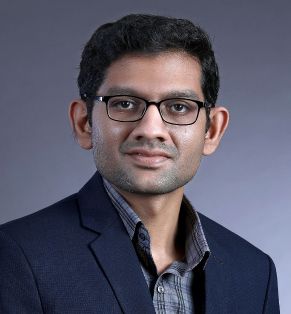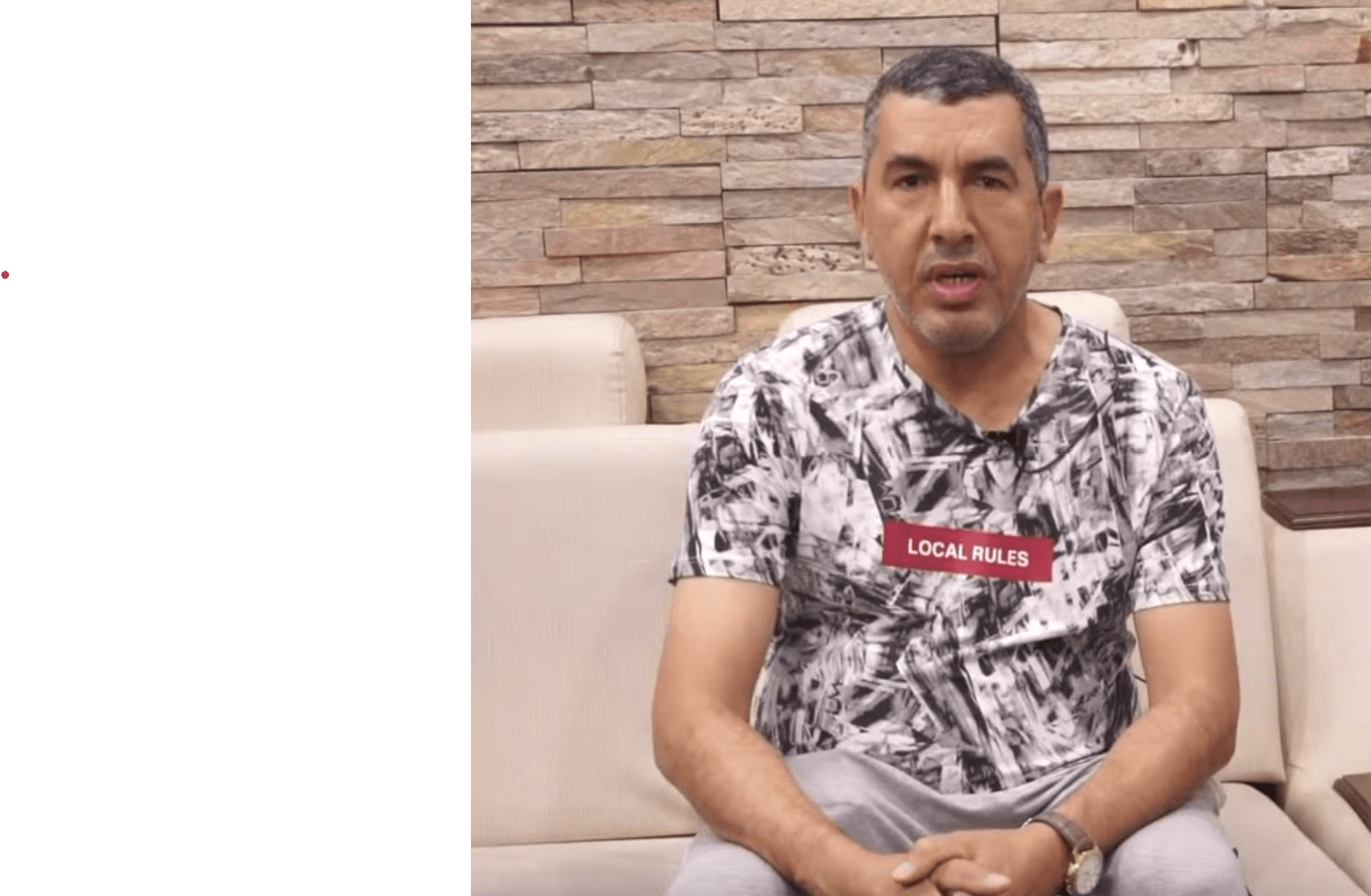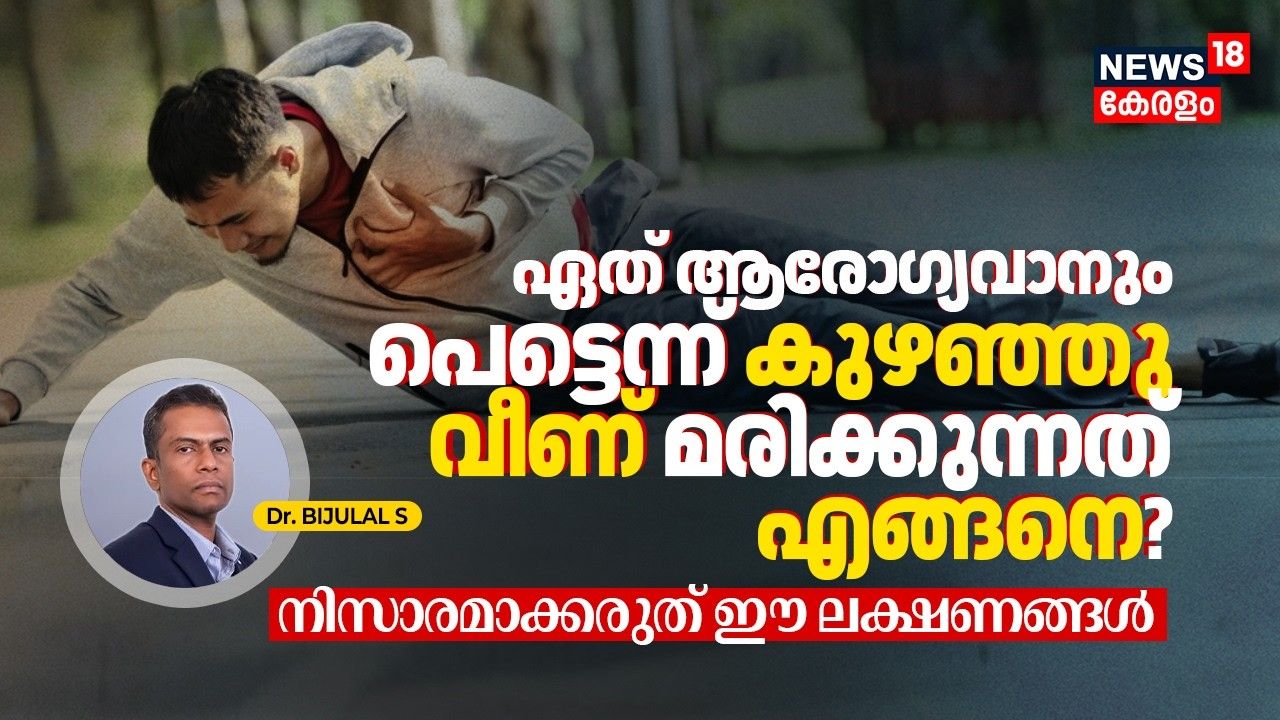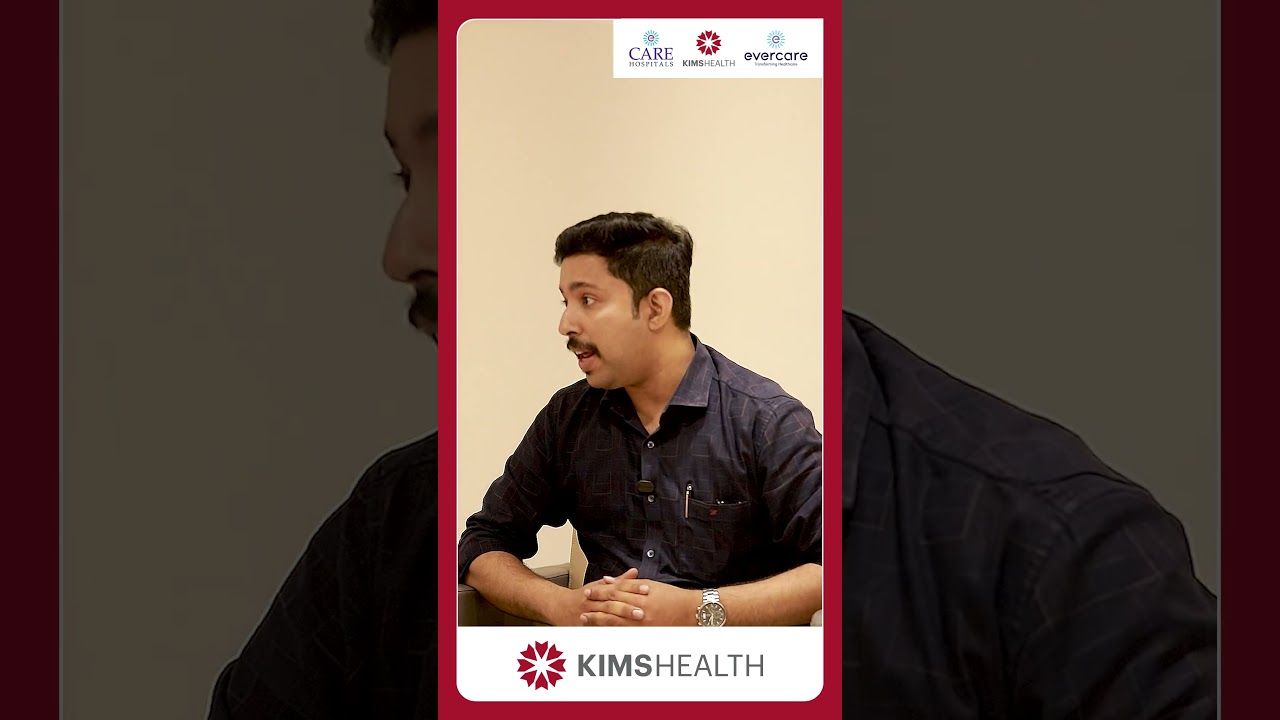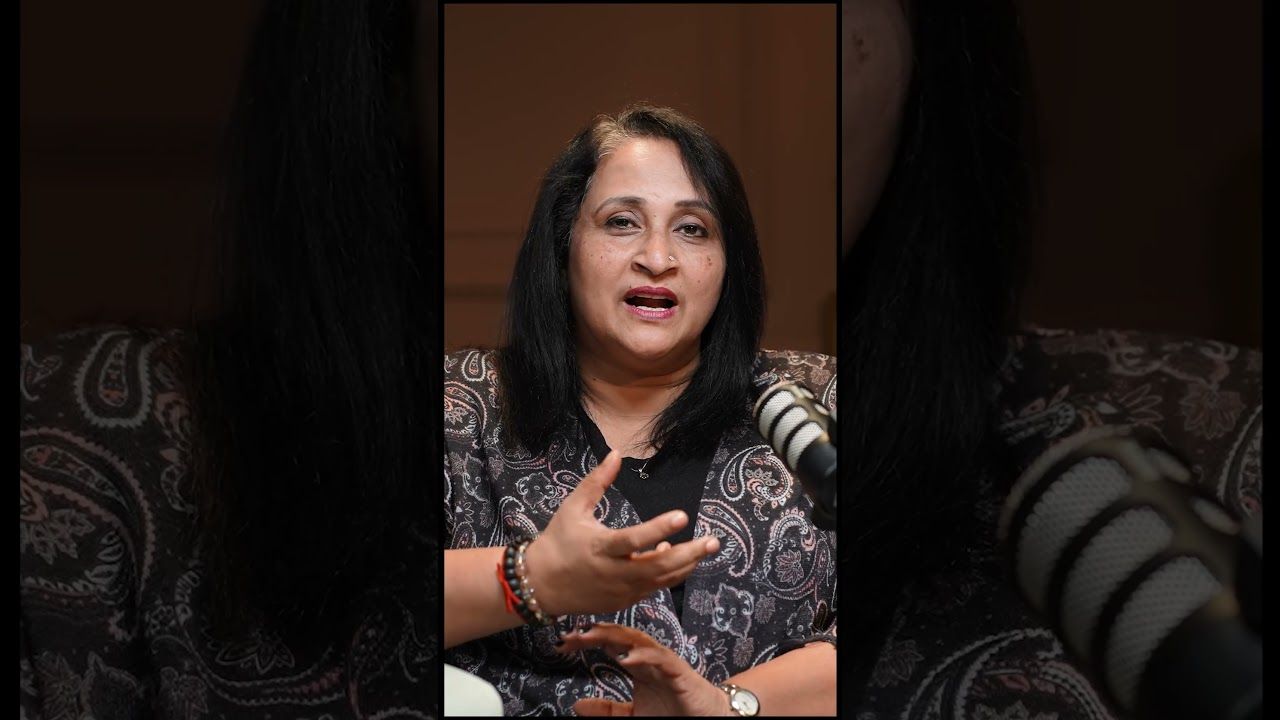Anesthesiology
KIMSHEALTH's Department of Anesthesiology and Perioperative Medicine provides top-level anaesthetic care to the patients. Each year, anesthesiologists look after over a lakh patients. This high patient count combined with active research efforts and hands-on educational programs, builds extensive knowledge in anesthetic care and managing patients during surgery and recovery. The Department of Anesthesiology and Perioperative Medicine includes adult and paediatric anesthesiologists who work together and share a strong commitment to offering the best care possible. Some department members lead key basic and clinical research projects, while others focus on offering engaging courses to learners for ongoing education.
What does Anesthesia mean?
Anesthesia uses special drugs called anaesthetics to prevent pain during surgeries or medical procedures. These drugs block pain signals from travelling through your nerves to your brain. Different types of anesthesia have different purposes. Some numb a specific area of your body. Others work by making your brain numb, helping you sleep during major surgeries.
Types of Anesthesia
The choice of anesthesia depends on what procedure you are having and how extensive it is. Here are the options:
- Local anesthesia: This makes a small part of your body numb. Doctors often use this type to perform minor procedures like skin biopsies or cataract surgeries. You stay awake during these procedures.
- Sedation: Also called "twilight sleep," this anesthesia makes you relaxed enough to drift off but still able to wake up if doctors need to talk to you. Wisdom teeth removal, cardiac catheterisation, and some colonoscopies often involve sedation. You don't lose full consciousness, but you won't recall much about the procedure after it's done.
- Regional anesthesia: This anesthesia numbs a bigger section of your body, like a whole limb or everything below your chest. Examples include an epidural to lessen labour pain or nerve block. Doctors may pair regional anesthesia with sedation, or they might use it on its own.
- General anesthesia: This approach puts you in a deep sleep and blocks pain or other sensations. Doctors often use it to perform major surgeries on the head, chest, or abdomen.
Services we offer
a. General Anesthesia and Advanced Methods
- General anesthesia
- Anesthesia controlled by the patient (PCA)
- Intravenous-anesthesia (TIVA)
- Anesthesia for complex airway and airway surgeries
b. Regional Anesthesia Options
- Spinal and epidural anesthesia
- Labour epidural and maternity anesthesia
- Nerve blocks using ultrasound guidance
- Ultrasound-assisted vascular line placement
c. Specialised Anesthesia and High-risk Cases
- Anesthesia for cardiac surgeries and ECMO procedures
- Neuroanesthesia for brain and nerve surgeries
- Anesthesia care in liver and kidney transplants
- Bariatric anesthesia for weight-loss surgeries
- Oncoanesthesia and HIPEC procedures for cancer treatment
- Anesthesia in complex spine surgeries and scoliosis corrections
- Providing anesthesia for plastic and microsurgery
- Paediatric anesthesia for children
d. Anesthesia Beyond the Operating Room and Interventional Support
- Anesthesia in non-operating room settings
- Anesthesia for interventional neuroradiology procedures
- Chemoport insertion supported with anesthesia
e. Services for Pain Management
- Acute and chronic pain management services
Facilities and equipment available at KIMSHEALTH
- 24-Hour acute pain services: This includes patient-controlled analgesia systems and patient-controlled epidural analgesia options.
- Consultant anesthesia services available anytime: Consultants are available round the clock to offer care and handle emergencies day and night without pause.
- Modern surgical and trauma ICU: It provides cutting-edge critical care facilities to aid recovery after surgeries or trauma-related cases.
a. Cardiac anaesthesia.
b. Transplant anaesthesia.
c. Role of Anaesthesiologist in post op care- cardiac, transplant, etc.
ANAESTHESIA നടുവിനു പണിയോ ? | Does Anesthesia Cause Back Pain ? | KIMSHEALTH
Join Dr. Ranjith from KIMSHEALTH Trivandrum in this video as we debunk the myth linking anesthesia to back pain. We'll clarify the actual causes of post-operative back pain and explain why anesthesia is typically not the culprit. Always consult your docto

